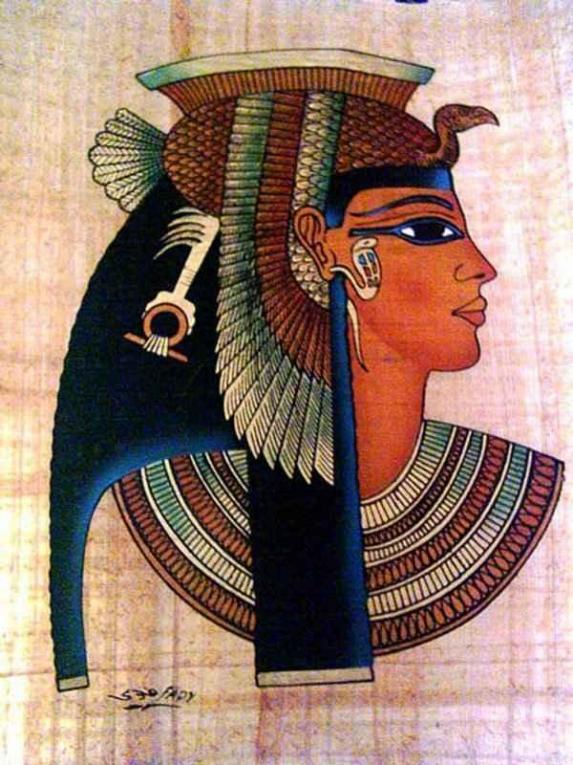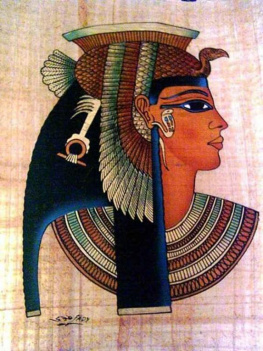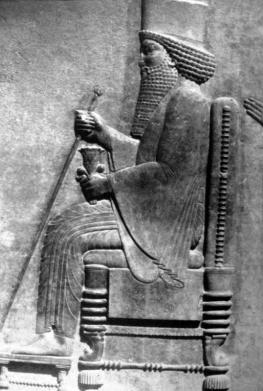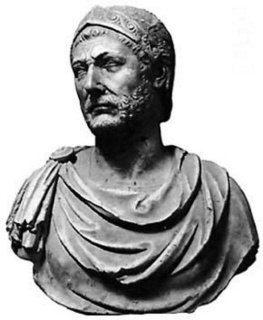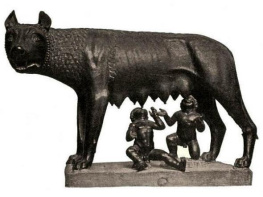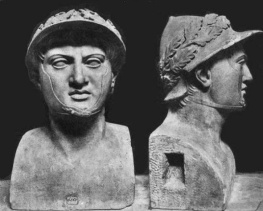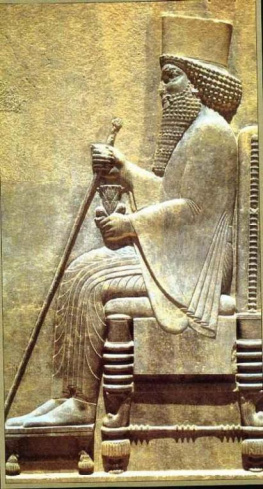CLEOPATRA
by
JACOB ABBOTT
Table of Contents
ILLUSTRATIONS
PREFACE
Of all the beautiful women of history, none has left us such convincing proofs of her charms as Cleopatra, for the tide of Romes destiny, and, therefore, that of the world, turned aside because of her beauty. Julius Caesar, whose legions trampled the conquered world from Canopus to the Thames, capitulated to her, and Mark Antony threw a fleet, an empire and his own honor to the winds to follow her to his destruction. Disarmed at last before the frigid Octavius, she found her peerless body measured by the cold eye of her captor only for the triumphal procession, and the friendly asp alone spared her Romes crowning ignominy.
CHAPTER I. THE VALLEY OF THE NILE .
The story of Cleopatra is a story of crime. It is a narrative of the course and the consequences of unlawful love. In her strange and romantic history we see this passion portrayed with the most complete and graphic fidelity in all its influences and effects; its uncontrollable impulses, its intoxicating joys, its reckless and mad career, and the dreadful remorse and ultimate despair and ruin in which it always and inevitably ends.
Cleopatra was by birth an Egyptian; by ancestry and descent she was a Greek. Thus, while Alexandria and the Delta of the Nile formed the scene of the most important events and incidents of her history, it was the blood of Macedon which flowed in her veins. Her character and action are marked by the genius, the courage, the originality, and the impulsiveness pertaining to the stock from which she sprung. The events of her history, on the other hand, and the peculiar character of her adventures, her sufferings, and her sins, were determined by the circumstances with which she was surrounded, and the influences which were brought to bear upon her in the soft and voluptuous clime where the scenes of her early life were laid.
Egypt has always been considered as physically the most remarkable country on the globe. It is a long and narrow valley of verdure and fruitfulness, completely insulated from the rest of the habitable world. It is more completely insulated, in fact, than any literal island could be, inasmuch as deserts are more impassable than seas. The very existence of Egypt is a most extraordinary phenomenon. If we could but soar with the wings of an eagle into the air, and look down upon the scene, so as to observe the operation of that grand and yet simple process by which this long and wonderful valley, teeming so profusely with animal and vegetable life, has been formed, and is annually revivified and renewed, in the midst of surrounding wastes of silence, desolation, and death, we should gaze upon it with never-ceasing admiration and pleasure. We have not the wings of the eagle, but the generalizations of science furnish us with a sort of substitute for them.
The long series of patient, careful, and sagacious observations, which have been continued now for two thousand years, bring us results, by means of which, through our powers of mental conception, we may take a comprehensive survey of the whole scene, analogous, in some respects, to that which direct and actual vision would afford us, if we could look down upon it from the eagles point of view. It is, however, somewhat humiliating to our pride of intellect to reflect that long-continued philosophical investigations and learned scientific research are, in such a case as this, after all, in some sense, only a sort of substitute for wings. A human mind connected with a pair of eagles wings would have solved the mystery of Egypt in a week; whereas science, philosophy, and research, confined to the surface of the ground, have been occupied for twenty centuries in accomplishing the undertaking.
It is found at last that both the existence of Egypt itself, and its strange insulation in the midst of boundless tracts of dry and barren sand, depend upon certain remarkable results of the general laws of rain. The water which is taken up by the atmosphere from the surface of the sea and of the land by evaporation, falls again, under certain circumstances, in showers of rain, the frequency and copiousness of which vary very much in different portions of the earth. As a general principle, rains are much more frequent and abundant near the equator than in temperate climes, and they grow less and less so as we approach the poles. This might naturally have been expected; for, under the burning sun of the equator, the evaporation of water must necessarily go on with immensely greater rapidity than in the colder zones, and all the water which is taken up must, of course, again come down.
It is not, however, wholly by the latitude of the region in which the evaporation takes place that the quantity of rain which falls from the atmosphere is determined; for the condition on which the falling back, in rain, of the water which has been taken up by evaporation mainly depends, is the cooling of the atmospheric stratum which contains it; and this effect is produced in very various ways, and many different causes operate to modify it. Sometimes the stratum is cooled by being wafted over ranges of mountains, sometimes by encountering and becoming mingled with cooler currents of air; and sometimes, again, by being driven in winds toward a higher, and, consequently, cooler latitude. If, on the other hand, air moves from cold mountains toward warm and sunny plains, or from higher latitudes to lower, or if, among the various currents into which it falls, it becomes mixed with air warmer than itself, its capacity for containing vapor in solution is increased, and, consequently, instead of releasing its hold upon the waters which it has already in possession, it becomes thirsty for more. It moves over a country, under these circumstances, as a warm and drying wind. Under a reverse of circumstances it would have formed drifting mists, or, perhaps, even copious showers of rain.
It will be evident, from these considerations, that the frequency of the showers, and the quantity of the rain which will fall, in the various regions respectively which the surface of the earth presents, must depend on the combined influence of many causes, such as the warmth of the climate, the proximity and the direction of mountains and of seas, the character of the prevailing winds, and the reflecting qualities of the soil. These and other similar causes, it is found, do, in fact, produce a vast difference in the quantity of rain which falls in different regions. In the northern part of South America, where the land is bordered on every hand by vast tropical seas, which load the hot and thirsty air with vapor, and where the mighty Cordillera of the Andes rears its icy summits to chill and precipitate the vapors again, a quantity of rain amounting to more than ten feet in perpendicular height falls in a year. At St. Petersburg, on the other hand, the quantity thus falling in a year is but little more than one foot. The immense deluge which pours down from the clouds in South America would, if the water were to remain where it fell, wholly submerge and inundate the country. As it is, in flowing off through the valleys to the sea, the united torrents form the greatest river on the globethe Amazon; and the vegetation, stimulated by the heat, and nourished by the abundant and incessant supplies of moisture, becomes so rank, and loads the earth with such an entangled and matted mass of trunks, and stems, and twining wreaths and vines, that man is almost excluded from the scene. The boundless forests become a vast and almost impenetrable jungle, abandoned to wild beasts, noxious reptiles, and huge and ferocious birds of prey.
